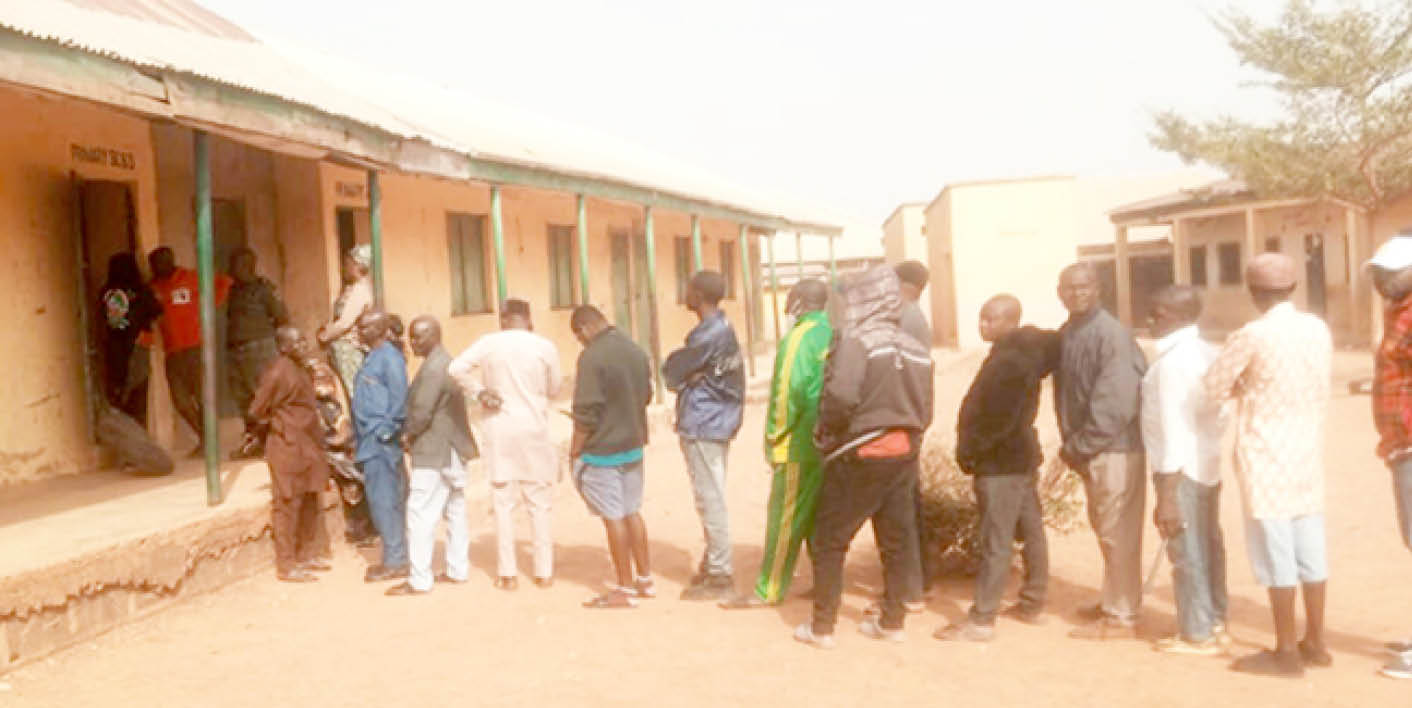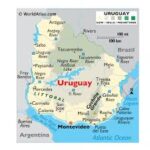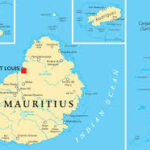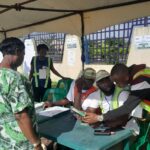The Centre for Media, Policy and Advocacy (CMPA) has called for actions, including Constitution and Electoral Act reform to stem the unresolved voter apathy and dwindling participation of citizenry in the nation’s electoral processes.
Executive Director of CMPA, Dr. Suleiman Suleiman, made the call on Thursday in Abuja at a policy roundtable on ‘Voter Apathy and Democratic Consolidation in Nigeria: Which Way Forward?’
He said it is important for all stakeholders and experts in this area to sit down and talk about what the problems are, but most importantly, what solutions are there to change the trend for lasting solutions.
“Some of the areas for solutions have been, one that political parties need to improve in terms of how they campaign, engaging citizens more, not just in rallies and shouting at them, but engaging them.
- Calls for military intervention unacceptable – Presidency
- Helicopter crash: Divers still searching for bodies – NSIB
“Engaging them in town halls, engaging them in many different creative ways. Also, the electoral system needs to also respond to the needs of Nigerians. People suffer a lot when they want to vote, so much inconvenience in the process. So one of the issues that have come up is that INEC needs to improve ways in which Nigerians can vote easily.
“For example, early voting systems. Or at least increase the amount of time that voting can happen. So we, particularly at the CMPA, what we aim to do is we’ll put together all of the ideas and all of the policy suggestions that have been made, and we will engage with INEC directly to that these are what people are thinking,” Suleiman said.
He said that it is just not right that out of 87m Nigerians who collected their PVC in 2023, only about 28m to 30m voted during the election.
He said, “Where are the remaining 60m Nigerians? How do we account for that? Because if all of them voted, or even if 30 or 40 percent of them more voted, maybe the outcome of the elections would have been very different as we have them now.
Also, Prof. Abubakar Umar Kari of the University of Abuja, said some of the measures to be taken against voter apathy include some policies, institutional measures, and then individual measures.
“When I say policy, for instance, we have to do more in terms of the view of the electoral act. There are certain things that, for me, should be incorporated into the electoral act. Issues like enabling individuals and groups that are involved in the electoral process to vote. Like NYSC members, security personnel, ad hoc staff, and others.
“Another one that is closely related to that is the issue of early voting. There should be early voting to enable certain categories of people to vote before the real voting. For instance, it has been said now that even though the U.S. election is coming in the next two weeks, over 50 million voters have already voted,” Kari said.
He said there should also be certain steps in terms of institutional measures, particularly measures that can be taken by INEC, political parties, and other relevant institutions.
He said, “For instance, INEC should decide to do more in terms of cleaning the voters register. INEC can also take a decision to conduct all the elections in one day rather than in two weeks or so. Political parties should also take institutional measures of carrying out what we regard as a real campaign. What is going on now is not much in terms of campaign. It’s just some shenanigans or jamborees where people come out to play music and dance and say one or two things.
“In those days, political parties were engaged in serious campaigns. They crisscrossed all over the country. They spent days in towns and cities and villages and tried to convince voters. But generally, the best way to enhance voters’ participation is through political education,” Kari said.
On his part, the Executive Director of OJA Development Consult, Mr Jide Ojo, said that the issue of voter apartheid is a recurring decimal over time and that civil society organizations and media have the opinion that Nigeria is having a bad investment in elections.
He noted that the last election cost the nation over N400bn even as INEC has to provide for 100% of the people on the register, even when they may not come out to vote.
“Then you have 30%, 25%, in some cases 9% of the voters coming out to vote. It’s a very wasteful exercise. Because all of these ballot papers, resource sheets and all of that will go to waste. You cannot reuse them. So when you are investing so high, billions of Naira in elections and then the voter turnout is dwindling, then you need to be worried.
“Thus, we need to alter our laws to have a more inclusive process. We need to do a number of things, legal reform, administrative reform, institutional reform. That is what can get us out of the quagmire.
“On legal reform, we need to have provision for early voting; provision for diaspora citizens to vote. And to have all the elections in one day instead of two strands over two weekends,” Ojo said.
Also, a former National Chairman of the New Nigeria Peoples’ Party (NNPP), Prof Rufai Ahmed Alkali, said that it important for political parties and other stakeholders to review strategies that would make voter become interested on exercising their civic responsibilities of participating in electioneering.

 Join Daily Trust WhatsApp Community For Quick Access To News and Happenings Around You.
Join Daily Trust WhatsApp Community For Quick Access To News and Happenings Around You.



